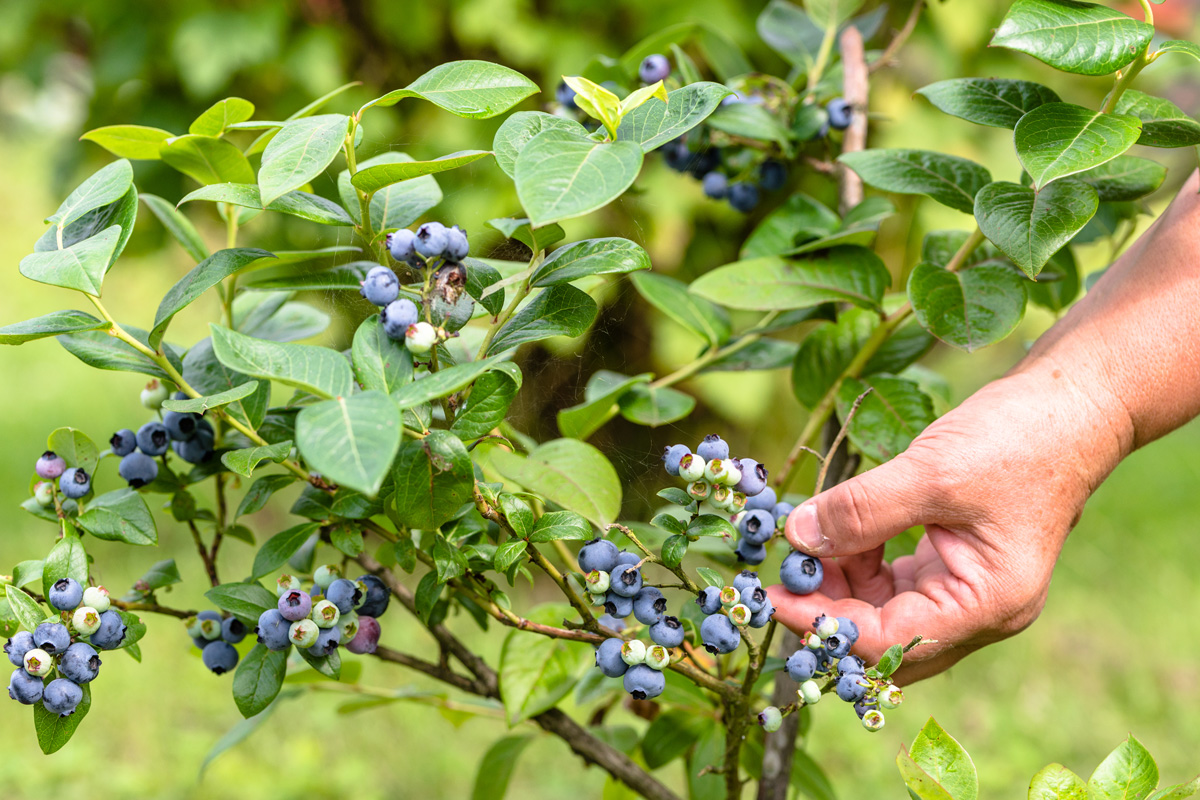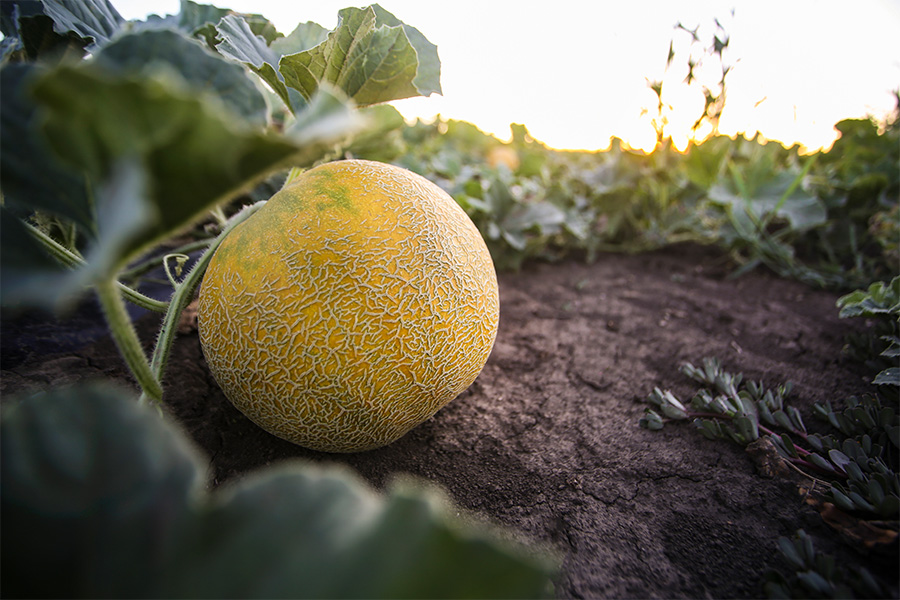Horticulture
-

B 1198
Onion Production Guide
This publication represents the latest information available on the commercial production of short-day onions in south Georgia.
David G Riley, George E. Boyhan, Stanley Culpepper, Esendugue Greg Fonsah, Alton N Sparks, Timothy Coolong, Bhabesh Dutta, and William C. Hurst
|
-

This publication discusses organic Vidalia onion production in Georgia, from site selection and harvesting to certification.
George E. Boyhan and Timothy Coolong
|
-

In order to maintain a lush, green lawn and productive garden, supplemental water in the form of irrigation is often needed during peak water use periods. Two basic types of irrigation are suitable for the home landscape: sprinkler irrigation and drip (or trickle) irrigation. This publication contains comprehensive information about irrigating lawns and gardens.
Kerry A. Harrison and Wesley Porter
|
-

C 946
Home Garden Blueberries
Use this resource to understand how to best manage blueberries in your home garden. Native Georgia rabbiteye blueberry bushes will produce some fruit the second or third year after transplanting, and by sixth year they will yield as much as 2 gallons each.
Scott NeSmith and Gerard W. Krewer
|
-

Currently, most construction waste is put in dumpsters and taken to a construction and demolition (C&D) landfill. However, several residential construction wastes can be recycled or reused as part of a “green” building practice. These include cardboard, metals, scrap wallboard, and wood waste. This publication provides you the information you need for on-site reuse of wood wastes at a residential construction site.
Brian T. Forschler, Julia W. Gaskin, and L. Mark Risse
|
-

Weed management is one of the most critical and costly aspects for container nursery production. High irrigation and fertilization rates create a favorable environment for weed growth in addition to crop growth. Weeds can quickly out-compete the crop for light and other resources, reducing the rate and amount of crop growth as well as salability. Weed management in nursery production is most effectively achieved by preventative practices, primarily with the use of pre-emergent herbicides. However, there are valid reasons for managing weeds using alternatives to synthetic herbicides. Weed management alternatives to synthetic herbicides include sanitation, exclusion, prevention, hand weeding, mulching and use of cover crops, heat and non-synthetic herbicides. Only some of these alternative methods can be used to control weeds in containers, but all can be used to manage weeds around containers and in non-crop
areas.Matthew Chappell
|
-

This publication was compiled to meet the needs of the growing cantaloupe industry in Georgia. It provides extensive information to help growers be successful in cantaloupe and specialty melon production.
Ted McAvoy and Timothy Coolong
|
-

The 11 topics covered in this publication are all integral parts of a successful cabbage/leafy greens management program. Each topic focuses on a particular aspect of production and provides information on the latest management technology for that phase of production. It is hoped that the information contained in this publication will assist growers in improving profitability.
Timothy Coolong and Ted McAvoy
|
-

As tipping fees have risen, interest has increased in finding alternative uses for construction wastes. Many homebuyers are also looking for environmentally sensitive building practices. This includes the recycling and reuse of construction debris rather than disposal. One of the largest waste components in residential construction is gypsum wallboard. In many cases, scrap wallboard can be ground and beneficially applied on the construction site, rather than transported to the landfill.
Julia W. Gaskin and Clint Waltz
|